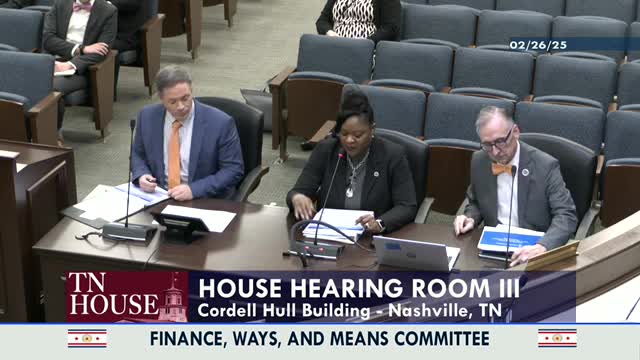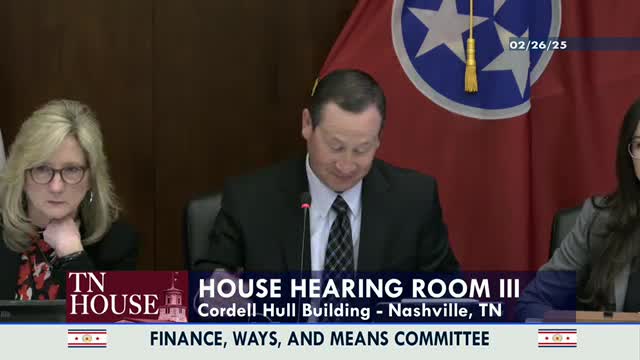Article not found
This article is no longer available. But don't worry—we've gathered other articles that discuss the same topic.

Tennessee labor department requests new funding for apprenticeships, youth employment and micro‑credentialing

Veterans services seeks funding for outreach, cemetery work and expanded service officers after surge in claims

